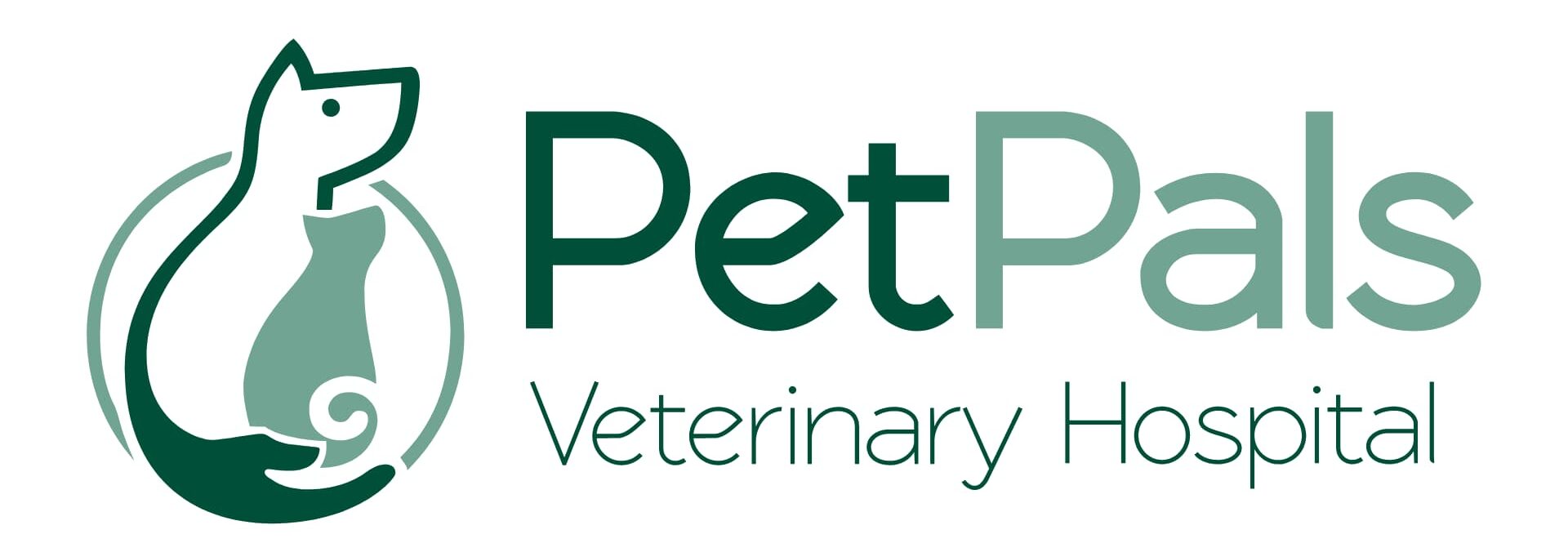When it comes to your pet’s health, being proactive is one of the best things you can do—not just for their well-being, but for your wallet, too. Emergencies happen when we least expect them, and they often come with a hefty price tag. But did you know that many emergency visits can be prevented with routine care and early intervention? Here’s why taking preventative steps now can help you avoid costly—and stressful—emergencies later.
Emergencies Are Often the Result of Delayed Care
It’s not uncommon for a minor issue to turn into a full-blown emergency when left unaddressed. For example:
- A mild dental issue becomes a painful infection requiring urgent surgery.
- A missed vaccination leads to exposure to a dangerous, preventable illness.
- Skipping heartworm prevention results in a life-threatening (and expensive) diagnosis.
By staying on top of annual exams, vaccinations, dental care, and parasite prevention, you’re giving your pet the best chance at staying healthy and avoiding emergency visits that could have been prevented.
Emergencies Cost More; Especially After Hours
Emergency veterinary care is typically more expensive than routine visits. Add in the cost of diagnostics, hospitalization, and overnight monitoring, and the bill can climb quickly. Many emergency clinics also charge after-hours fees or urgent care surcharges. In contrast, catching a condition early during a scheduled exam may mean a much simpler, and more affordable, treatment plan.
Preventative Care Is Predictable and Budget-Friendly
Routine care allows you to plan ahead. You know when your pet’s vaccinations are due. You know when to refill their flea, tick, and heartworm preventatives. You can schedule their next exam at a time that works for you. Emergencies? They don’t wait until payday or a convenient time.
By investing in wellness care throughout the year, you reduce the likelihood of expensive surprises.
Your Pet Deserves a Safety Net
Emergency preparedness isn’t just about having a first-aid kit or knowing where the closest emergency clinic is (though those are important!). It also means being proactive about your pet’s health and having a care routine in place that helps reduce their risk of sudden illness or injury.
Talk to your veterinary team about what’s recommended for your pet based on their species, breed, age, and lifestyle. They’ll help you stay on track with the right preventative care plan, and that plan could be the key to avoiding future emergencies.
Preventative care is an investment; emergency care is a gamble. Being prepared means fewer surprises, lower long-term costs, and a healthier, happier pet by your side. Book your pet’s next preventative care exam today!

